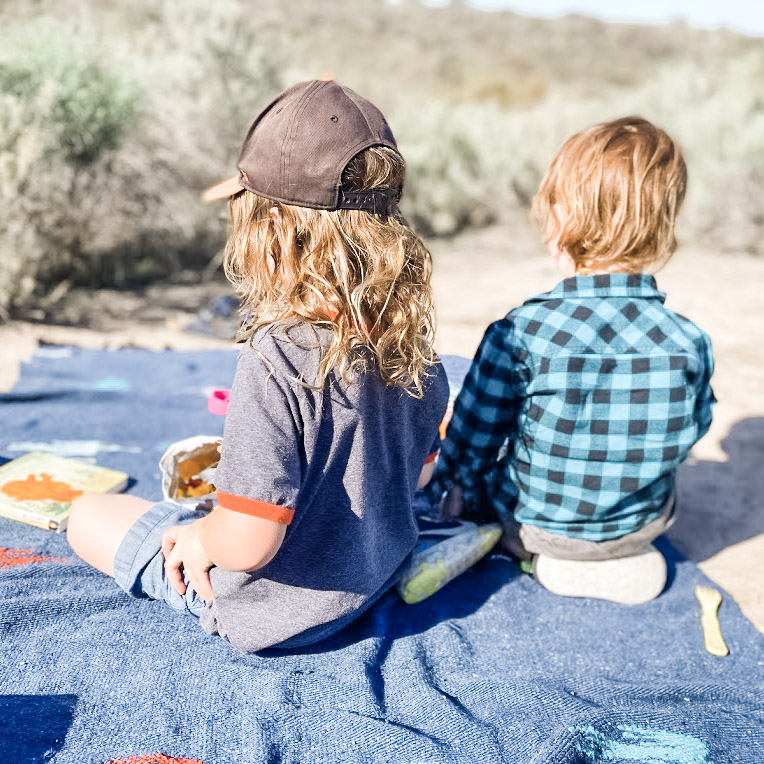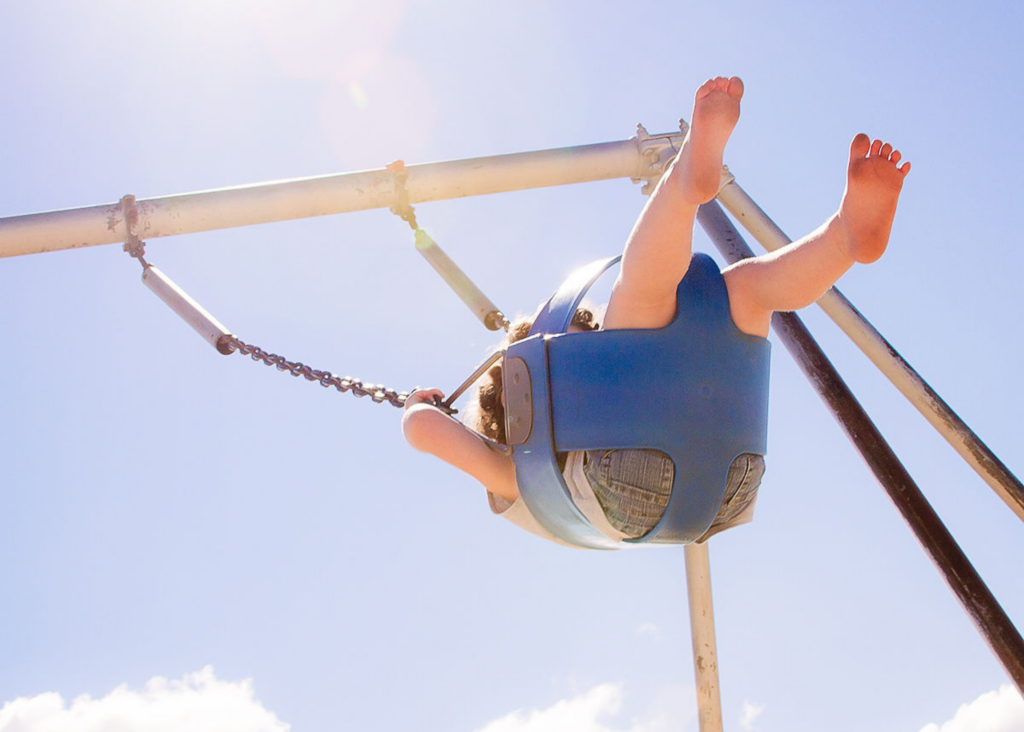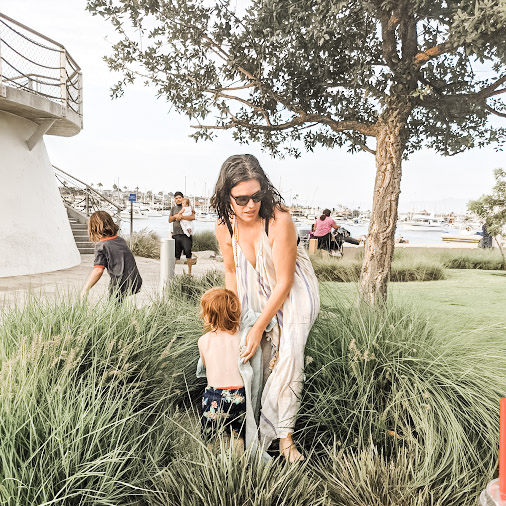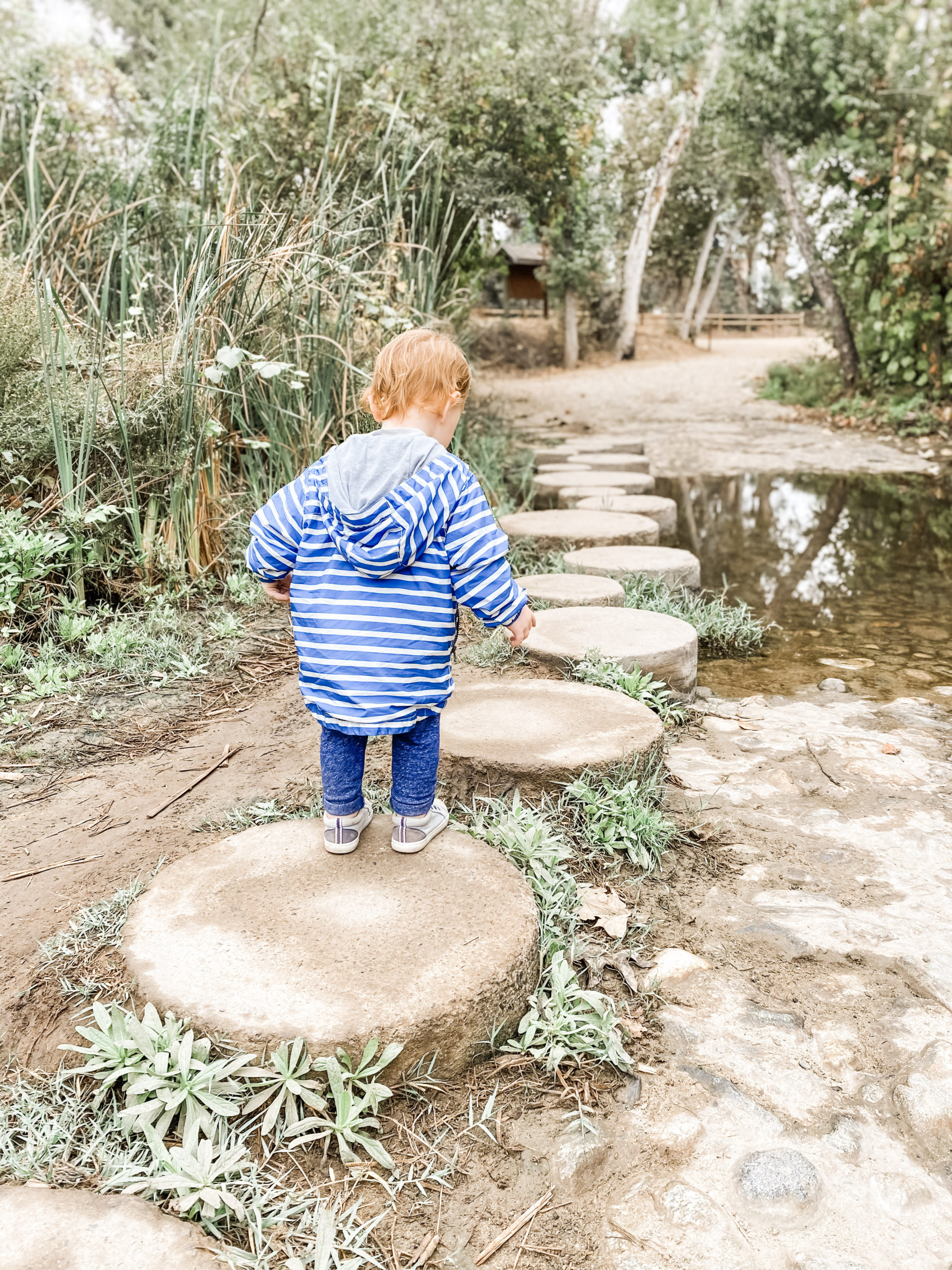“But I don’t like to play….”

Note: this post was originally published as part of the Play module in Peaceful Mamas, (yes! there is an entire module on play, because it is so important) but I know that many of us feel guilty because we don’t like to play with our little ones, so I thought I’d publish it here. If you want to learn more about Peaceful Mamas, click here.
“But, I don’t Like to Play with My Kids.”
Neither do I.
Not really.
That’s ok.
This morning, as I was cooking breakfast, my little ones came up with an increasingly elaborate game of banker and robber.
I was a banker who went camping with my money bag, my older child was the invisible robber, and my little one was the campfire. He would move around and I was to act surprised that the campfire kept moving.
This is one of my favorite types of play. I am marginally involved: gasping when the campfire moves, wondering what happened to my money bag and how it is able to float all on its own, unaware there is an invisible robber, occasionally chasing this miraculously floating money bag around the house, and worrying that my boss is going to be so mad that I lost the money.
Most of the play came when the two of them went into another room to plan how they were going to steal more money. Well, actually, I have no idea what they were doing because I was finishing up breakfast and cleaning up the kitchen.
Had they asked me to play a role larger than the unfortunate and foolish banker, I would have declined. I had breakfast to make and a kitchen to clean. Also, I don’t like that type of game.
I love to play hide and seek and to search out the HQ when we’re on a hike. I’ll do arts and crafts and messy play with them all day long (or at least as much as I can). I love nothing more than being the assistant when my little one has a grand design idea.
But, I don’t like being toy characters. I don’t like to race cars or pretend fight. I don’t like imaginary worlds.
I Don’t Think They Want Me to Play with Them
For the most part, my little ones don’t expect me to play with them. And, I’m not sure they even want me to, at least not anymore. And they certainly don’t need it.
I recently came home from a trip. I took a redeye home. When I walked in the door around 7 am and they were playing by themselves. My husband was in the shower. They were in good spirits.
We chatted and hugged and giggled and caught up (as much as a four year old catches up) for about a half hour. After this, I expected them to need more. A bit of “hey, mama! Look at this.” Or, “mama, watch this!”
Surprisingly, after they greeted me, we went on with our respective mornings. I started chipping away at the mountain of laundry ahead of me and they played together until they had to get dressed for school.
They didn’t need me to play with them. They needed my affection up front and a little more than usual when they were getting dressed. It was easier to give because I’d gotten a few things done and didn’t feel pulled to play.
The Guilt
Early on in motherhood, it never felt this easy. My now six year old seemed like he always needed our attention and demanded a playmate. We needed to build the towers with him or watch the race cars. He needed a constant audience.
I was tired and new to this. I was tending to a newborn. I was suffering from postpartum anxiety and anger. I just couldn’t play. At least not in a meaningful or connective way. I would try.
I hated that I hated to play. Isn’t this what being a mother is about? Why can’t I be the playful mama I thought I would be? I felt guilty when I wasn’t playing and resentful and distracted when I was.
Of course, he could sense this.
I slowly began recognizing this is no way to build connection. I needed to find a way to connect that didn’t drain me. I needed to show him he was important and loved and enjoyed. I recognized I couldn’t fake it, as much as I tried.
Finding other ways to connect
I started learning about independent play. I heard the phrase “benign neglect,” and it spoke to me. I read quite a few books on being a “lazy” parent and raising wild children.
I realized that letting go, expecting a little less of myself, while giving them more independence and autonomy would benefit us all. I learned that being with them in ways that we all enjoy is much more important than any playing I can do with them.
We can have so much fun without playing together (at least not in the traditional ways). We can be goofy and laugh. We can turn everyday activities into silly games. We can read, learn, and wonder together.
Once I no longer felt as pulled or as resentful, I could focus on connection building through caretaking: putting everything away and just bathing him, lingering over bedtime, even playing when I want to, not because it was demanded of me.
Teaching Independent Play
As I learned more and more about independent play, I started to set him up for success. I simplified the playroom. I stored most of our toys. I got more insistent about the type of toys our relatives give us and miraculously, they started listening! Even though it felt intimidating, I tried out strewing (it worked! It’s not hard!).
I started saying no to play that I don’t enjoy. He learned to play alone. I learned to fill his bucket in ways that we both enjoy. Reading stories, snuggling on the couch, telling jokes and being silly.
They Deserve More and MUCH LESS!
I am not going to love everything they do. We are all individuals and will have increasingly different interests. Just as they are not interested in my activities, I don’t need to feign interest in theirs. Support, of course. Enthusiasm and encouragement, always. But, I can enjoy their enjoyment without enjoying the activity itself.
If we play and interact with them when we’re both having fun, they’ll sense our enjoyment and authentic interest. If we play when we aren’t interested, they can sense that too.
And, inevitably, when we step away from something else to play with them, we feel resentful in the moment and possibly irritated, later on.
Instead, we can say no to play, finish up what we’re working on, and connect with them in a way that feels right to all of us.
So, play when you want. Play what you want. Help them with their independent play skills. Then, connect in ways that are meaningful to all of you.






